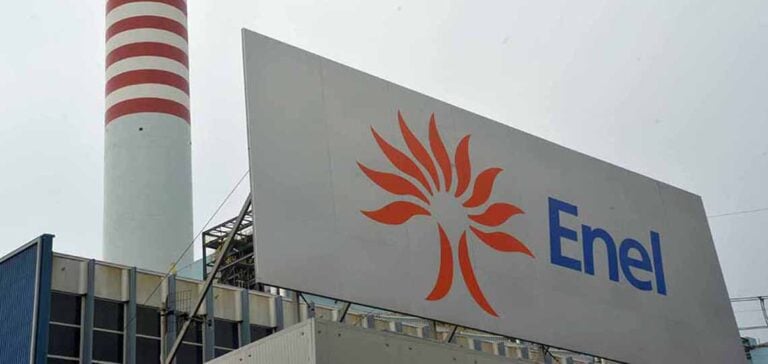Enel’s financial performance was remarkably robust in a complex global economic and energy context. The Group reported adjusted net income of 5.03 billion euros for the first nine months of the year, beating expectations with growth of 65.2%. These results are all the more noteworthy in that they come at a time of generally falling prices.
Enhanced Financial Outlook
A detailed analysis of the financial results shows a contrast between a substantial increase in profits and a fall in sales to 69.53 billion euros. This decline is attributed to lower production volumes and lower electricity and gas selling prices. However, the company demonstrated its ability to adapt and optimize by adjusting its financial outlook for the full year, demonstrating effective strategic management.
Leadership and Sustainable Development at Enel
These positive results have enabled Enel to raise its financial targets for the current year. Net income excluding non-recurring items is estimated at between 6.4 and 6.7 billion euros, higher than originally forecast. Adjusted EBITDA follows the same upward trend, with a forecast of between 21.5 and 22.5 billion euros. Over the nine months, Ebitda excluding exceptional items rose by 29.3% to 16.38 billion euros.
Beyond the figures, the change in leadership marks a new era for the company, with Flavio Cattaneo taking over as vice-president. Enel’s previous management, under Francesco Starace, firmly established the company’s commitment to sustainable development, with more than half of its production now coming from renewable sources.
Debt and Asset Management
At the same time, Enel’s debt has risen to 63.3 billion euros. This increase is mainly due to major investments and the payment of dividends. In response, an ambitious asset disposal plan is planned, including the recent sale of 50% of a subsidiary specializing in renewable energies in Greece.
An analysis of Enel’s financial results reveals a company that, despite market fluctuations, manages to reconcile financial performance with a growing commitment to sustainable development. This momentum augurs well for future operations, and underlines the importance of a strategy that combines profitability and environmental responsibility.






















